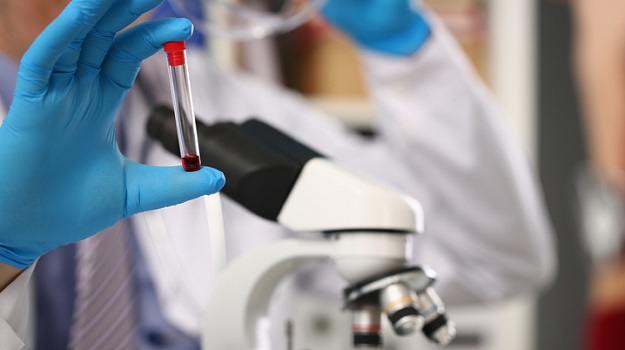Freeline's One Dose Gene Therapy could Transform Hemophilia B Treatment

British scientists have found a potential treatment for people living with hemophilia B.
Results from the Phase I/II trial conducted by researchers from the University College London (UCL), the Royal Free Hospital and Freeline Therapeutics demonstrated the strong possibility that a single injection of FLT180a, an experimental gene therapy, can reduce the frequency of or eliminate the need for weekly injections in people suffering from the disorder.
Hemophilia B is a rare blood clotting condition caused by a deficiency in factor IX, leaving a person at risk for heavy bleeding even from minor cuts. There is currently no cure for the condition, but only management interventions and therapies to replace the missing blood clotting factor. As the disease continues, patients eventually experience joint damage.
According to the 2020 Annual Global Survey by the World Federation of Hemophilia, there are around 15,000 patients with the disease in the United States, Japan and Europe.
The latest data follows up on over three years of observations from the Phase II dose-finding B-AMAZE study.
The study, published in the New England Journal of Medicine, tested FLT180a as a single treatment, where patients were given one of four FLT180a doses of vector genomes per kilogram of body weight. At the median follow-up of 27.2 months, nine out of 10 participants with severe or moderately severe hemophilia reported sustained protein production from the liver, thus getting rid of the need to inject weekly.
"The B-AMAZE long-term data continue to support our confidence that a single dose of FLT180a could protect people with hemophilia B from bleeding and the need for lifelong FIX replacement through durable expression of FIX at protective levels," Pamela Foulds, M.D., chief medical officer of Freeline, said in a statement.
There were some adverse events reported, 10% of which were related to FTL180a use, while 24% were immunosuppression related. The most common AEs involved increases in liver aminotransferase levels, especially in patients who had received prolonged tacrolimus beyond the glucocorticoid taper. One patient had a serious adverse event of arteriovenous fistula thrombosis. The follow-up is ongoing.
The journey isn't over yet to find the cure for hemophilia B, as long-term studies still need to be pursued. However, what the latest findings hint at is the potential power of gene therapy to provide relief for people living with severe genetic disorders. Other companies that are in the running for a big break into a cure include Sanofi, uniQure, BioMarin and Genentech.
"The B-AMAZE long-term data add to the growing body of evidence that gene therapy has the potential to free patients from the challenges of having to adhere to lifelong therapy or could provide treatment where none exists today," Amit Nathwani, Freeline co-founder and study co-author said.
A Phase I/II dose-confirmation study of FLT1980a (B-LIEVE) is in progress, with the goal to finalize a dose for a Phase III pivotal trial.
Published: Jul 21, 2022



